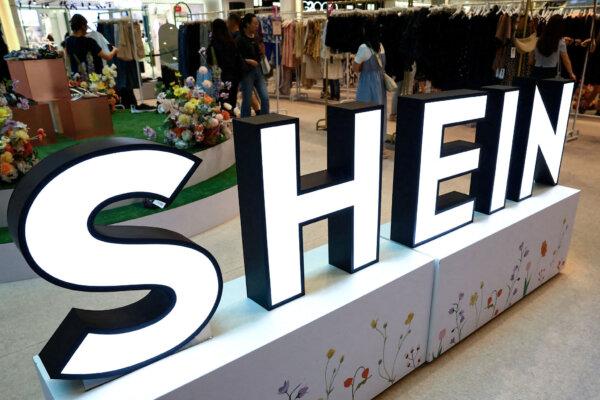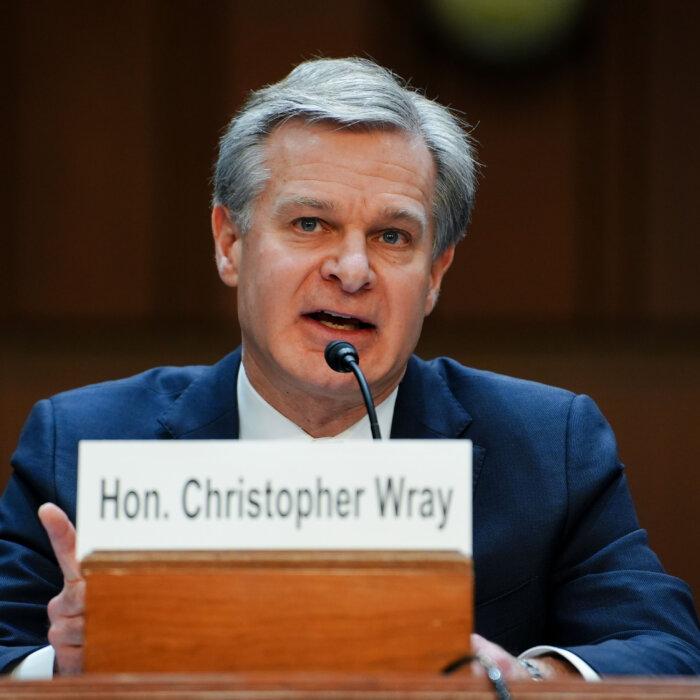The Business and Trade Committee chairman has written to the London Stock Exchange (LSE) to raise concerns about evidence given by Chinese fashion retailer Shein relating to forced labour in its supply chain.
The Chinese communist regime has been accused of subjecting Xinjiang’s Uyghur population to slave labour.
Shein is believed to be preparing to seek listing on the LSE, prompting Byrne to write to the stock exchange’s Chief Executive Officer Dame Julia Hoggett to draw her attention to the transcript of the committee evidence.
“In light of this I would be grateful if you would let me know what checks, if any, the London Stock Exchange has in place to authenticate statements by firms seeking to list, with particular regard to their safeguards against the use of forced labour in their products,” he wrote.
‘Bordered on Contempt’
During the committee session on Jan. 7, Zhu had repeatedly declined to give details related to the supply chain, saying she could not answer questions on “detailed operational information and in other aspects,” and requested to be able to respond in writing at a later date.Zhu also said she could not comment on whether the company was seeking listing in the UK.
Closing that portion of the session, Byrne told Zhu: “I have to say, for a company that sells a billion pounds to UK consumers, and for a company which is seeking to float on the London Stock Exchange, the committee has been pretty horrified by the lack of evidence that you have provided today.
“You’ve given us almost zero confidence in the integrity of your supply chains. You can’t even tell us what your products are made from.
“You can’t tell us much about the conditions which workers have to work in, and the reluctance to answer basic questions has frankly bordered on contempt of the committee.”
LSE Preparing Response
An LSE Group spokesperson confirmed to Reuters that it received the letter and said it was preparing a response.Shein declined to comment on the letters to the news wire service.
The Epoch Times contacted Shein for further comment, but did not receive a response by the time of publication.

The statement continued: “Visibility across our entire supply chain is of the highest importance to us and we are wholly committed to respecting human rights.”
UK-China Relations
Chancellor of the Exchequer Rachel Reeves conducted a three-day visit to Beijing and Shanghai between Jan. 10 and 13, which she said resulted in unlocking access to the Chinese market worth £600 million to the UK economy over the next five years.“This means finding the right way to build a stable and balanced relationship with China. One that recognises the importance of cooperation in addressing the global issues we face, competing where our interests differ, and challenging robustly where we must,” Reeves said.
“I raised a range of UK concerns in meetings with Chinese government counterparts, including Russia’s illegal war in Ukraine, developments in constraints on rights and freedoms in Hong Kong, and human rights. Our approach ensures we can confidently challenge China on areas where we disagree and uphold the UK’s national security, the first duty of our government,” she said.







